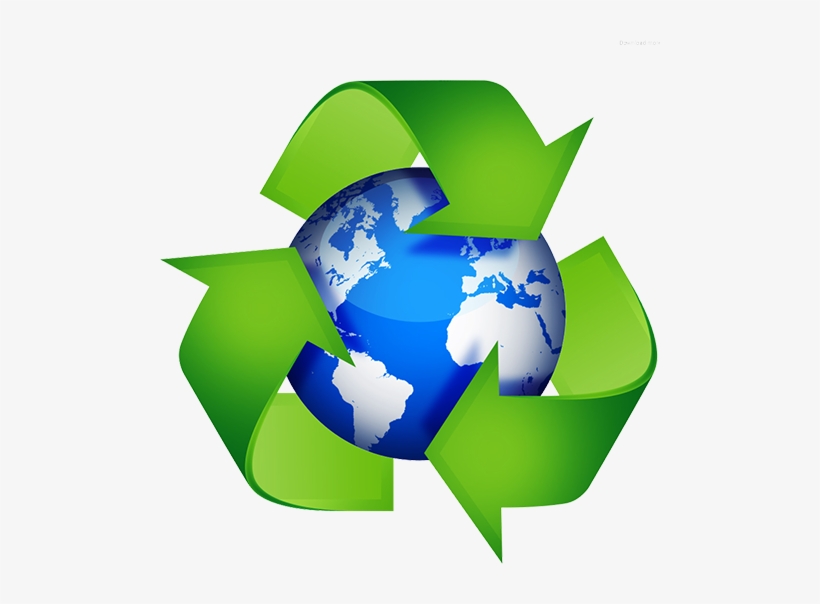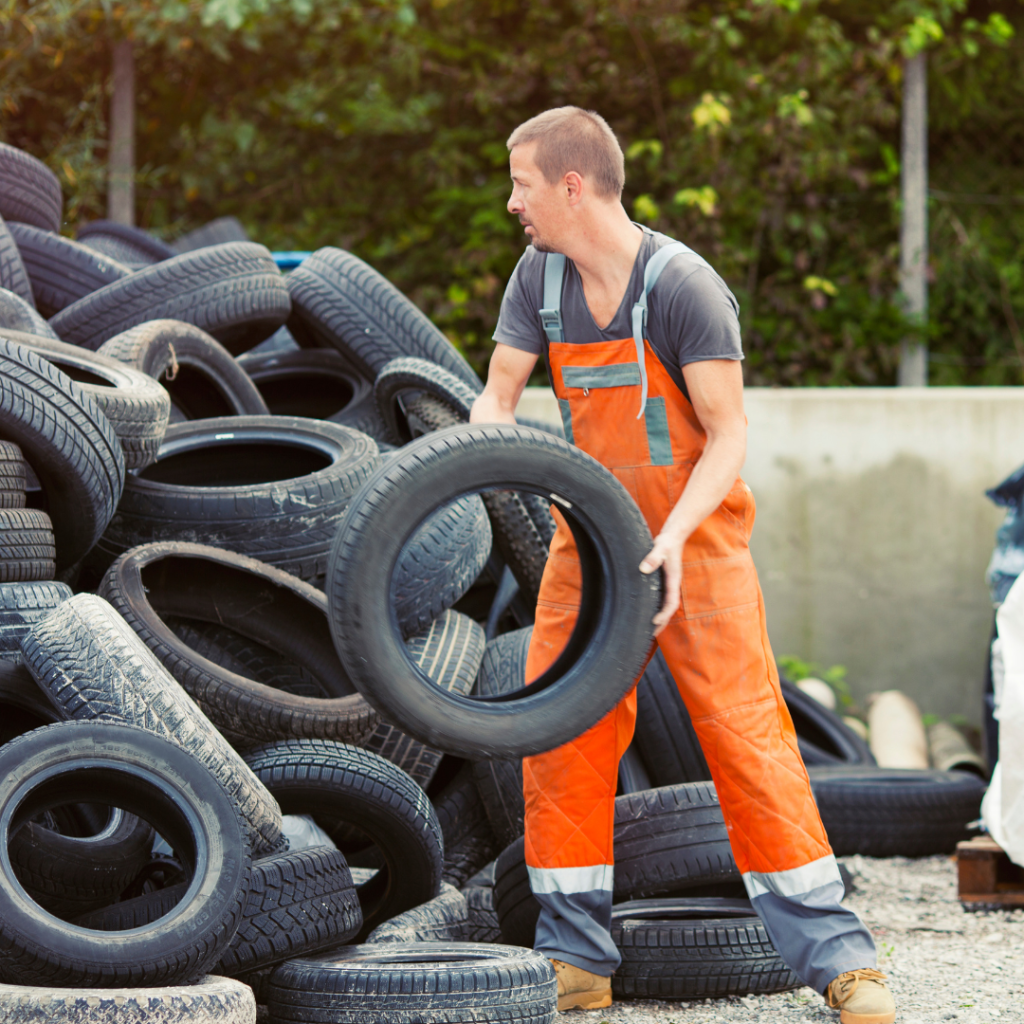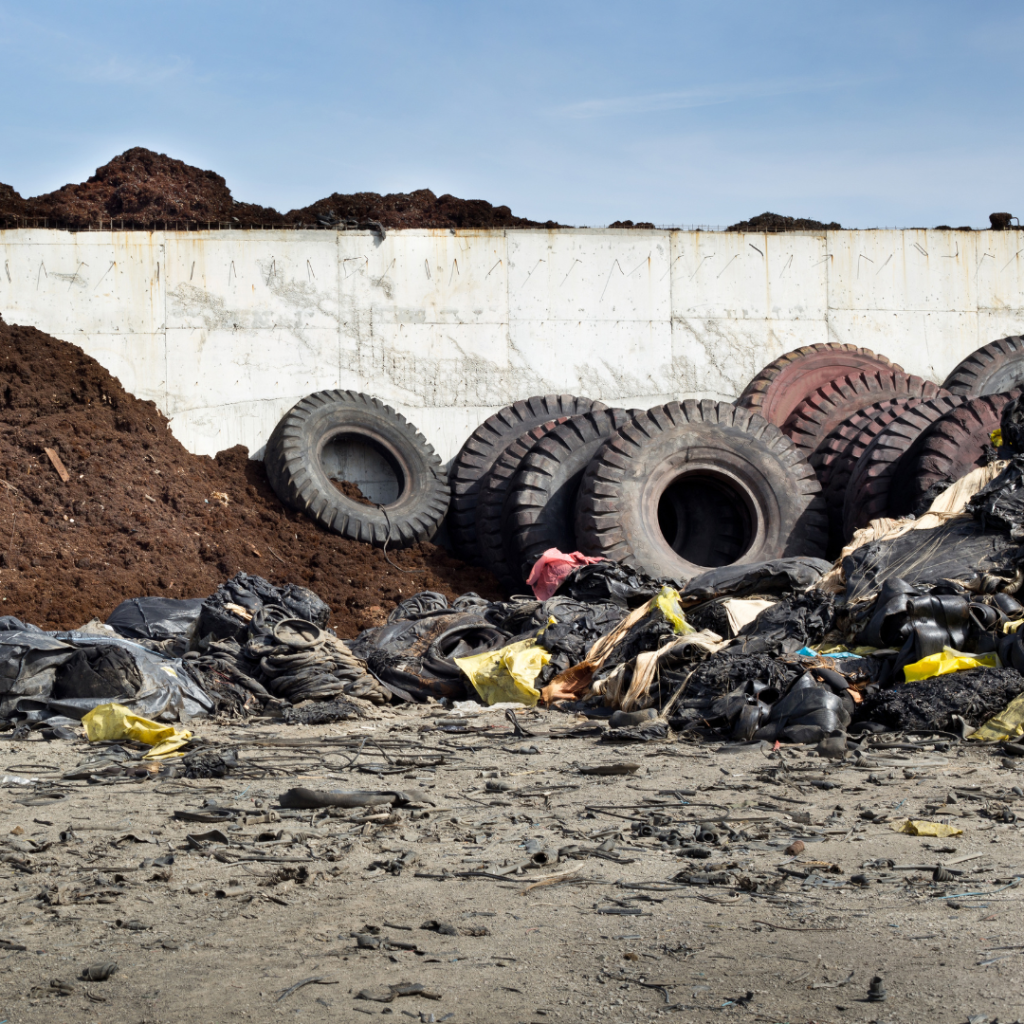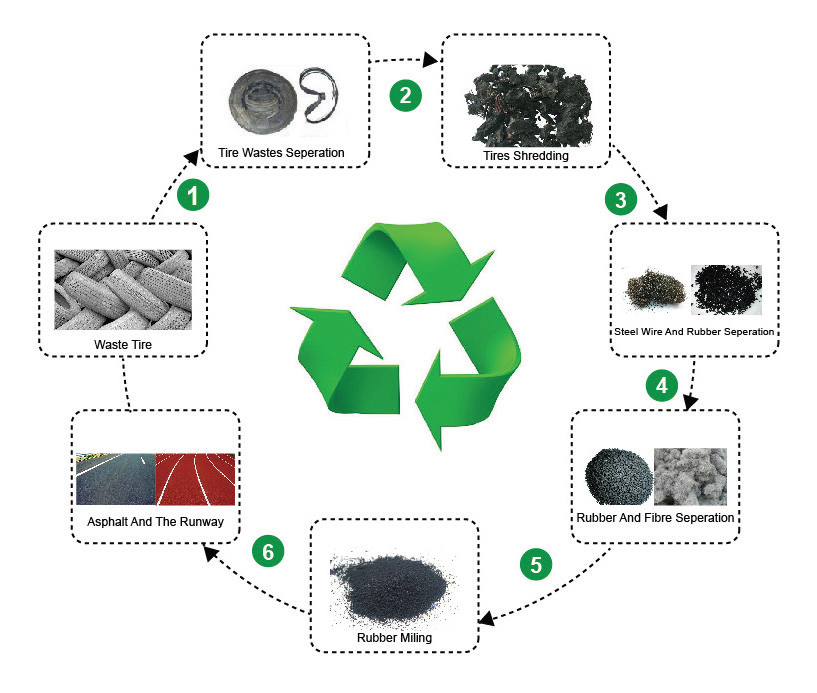Stay updated with our newsletter
Mon - Sat 8:00 - 17:00, Sun - Closed
Email: info@theezenergy.com


24/7 Service
+44 7961 391 786
Visit our place
Norfolk Square London W2 IRT
View All Services
- Home
- View All Services
OUR SERVICES
Welcome to EZ Energy – Powering Innovation and Sustainability
Explore how EZ Energy is redefining the way businesses and individuals access energy and contribute to a greener, more efficient world.
At EZ Energy, we are committed to transforming industries with cutting-edge solutions that prioritize convenience, sustainability, and efficiency. Our innovative services and products are designed to address modern challenges, whether it’s delivering fuel at your doorstep, recycling waste tires into valuable resources, or processing lithium for a sustainable energy future.

Innovative Energy Solutions and Sustainable Practices
Explore our range of innovative services designed to meet your energy and sustainability needs. From convenient fuel delivery to environmentally responsible tire recycling, EZ Energy is here to help you power a greener future.

Fuel on DoorStep
EZ Fuel is an innovative mobile fueling dedicated to address the problems of safety and pilferage in fuel handling. We provide doorstep delivery of fuels like diesel in specialized tamperproof tanks, enabling People and business clients to get refueling assistance in a convenient manner through IOT Enabled delivery system. The coming challenge of EV vehicles is not overlooked at EZ fuels and the plan is at final Stages for super capacitor vehicles.



Waste Management tire recycling
Turning Waste Tires into Sustainable Solutions
Tire recycling is an essential and environmentally responsible process that aims to address the global issue of waste tire disposal. With millions of tires discarded each year, tire recycling has emerged as a crucial solution to minimize environmental impacts, conserve natural resources, and promote sustainability. This page explores the tire recycling process, its benefits, and the various innovative ways that discarded tires can be repurposed for a greener future.
The Tire Recycling Process, Collection and Transportation The tire recycling journey begins with the collection and transportation of used or scrap tires. Local recycling facilities, waste management companies, and tire retailers play a vital role in gathering discarded tires to prevent them from ending up in landfills, illegal dumping sites, or becoming environmental hazards:
Sorting and Shredding Upon arrival at the recycling facility, the collected tires undergo a thorough sorting process to separate them based on size, type, and condition. Tires unfit for recycling are appropriately disposed of, while reusable ones move on to the shredding stage. A powerful shredder breaks down the tires into smaller pieces, facilitating the subsequent processing steps.


Steel and Fiber Removal After shredding, magnets and other separation methods are used to extract steel wires from the tire fragments. These steel wires are valuable and can be recycled for various industrial purposes. Additionally, any fibers present in the shredded material are also separated and collected for reuse.
Granulation The shredded rubber is further processed through granulation, a process that transforms the rubber pieces into granules or crumb rubber. This granulated material becomes the foundation for a wide range of recycled rubber products.
Benefits of Tire Recycling
Environmental Impact Reduction Tire recycling significantly reduces the environmental impact of discarded tires. By preventing tire stockpiles and illegal dumping, it helps protect natural habitats and prevents the risk of tire fires, which release toxic pollutants into the air.
Conservation of Natural Resources Tire recycling conserves valuable natural resources by decreasing the demand for virgin rubber and other raw materials used in tire manufacturing.
This process promotes a circular economy, where discarded tires become the basis for new products.
Energy Savings Recycling tires requires less energy compared to the production of new tires from raw materials. Energy savings translate into reduced greenhouse gas emissions and a lower carbon footprint, contributing to the fight against climate change.
Economic Benefits Tire recycling also presents economic advantages. It creates jobs in the recycling industry, stimulates innovation in sustainable technologies, and reduces costs associated with waste tire disposal and environmental remediation.
Innovative Uses of Recycled Tires
Crumb Rubber Applications One of the most common uses of recycled tires is producing crumb rubber. Crumb rubber is utilized in various applications, including:
Rubberized asphalt: Mixing crumb rubber with asphalt enhances road performance, reduces road noise, and increases pavement lifespan.
Sports surfaces: Crumb rubber is used as infill in synthetic turf fields, providing shock absorption and improving playability.
Playground surfaces: Rubber mulch made from recycled tires creates safe and impact-absorbing surfaces for playgrounds, reducing injuries from falls.
Rubberized products: Recycled rubber is used to create products such as rubber mats, flooring, and anti-fatigue mats.

Tire-Derived Fuel (TDF) Tire-derived fuel involves shredding tires into smaller pieces and using them as a fuel source in various industrial processes, such as cement kilns and pulp and paper mills. TDF provides an alternative to fossil fuels and reduces greenhouse gas emissions.
Pyrolysis and Gasification Pyrolysis and gasification are thermal processes that break down tires in the absence of oxygen to produce valuable products such as liquid fuels, synthetic gases, and carbon black. These processes are gaining attention for their potential to convert tires into valuable resources.
Tire recycling plays a vital role in promoting environmental sustainability and addressing the global challenge of waste tire disposal. By reusing and repurposing discarded tires, the tire recycling industry contributes to reduced environmental impact, energy savings, and resource conservation. Innovative uses of recycled tires continue to emerge, driving advancements in green technologies and the circular economy. As tire recycling practices evolve, we move closer to a future where waste tires are no longer a burden but a valuable resource in our journey towards a greener and more sustainable world.